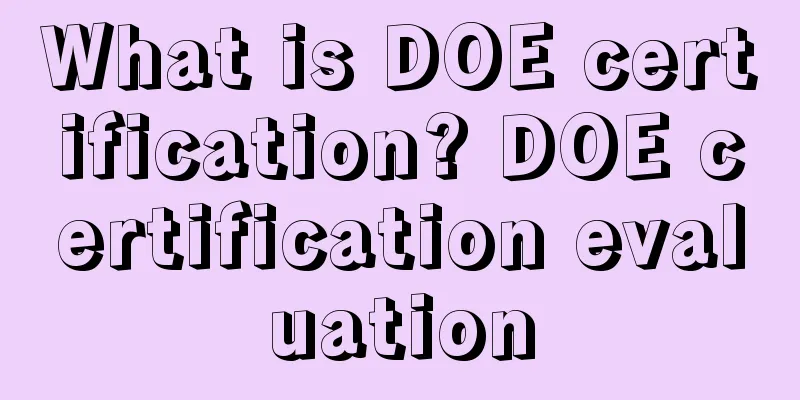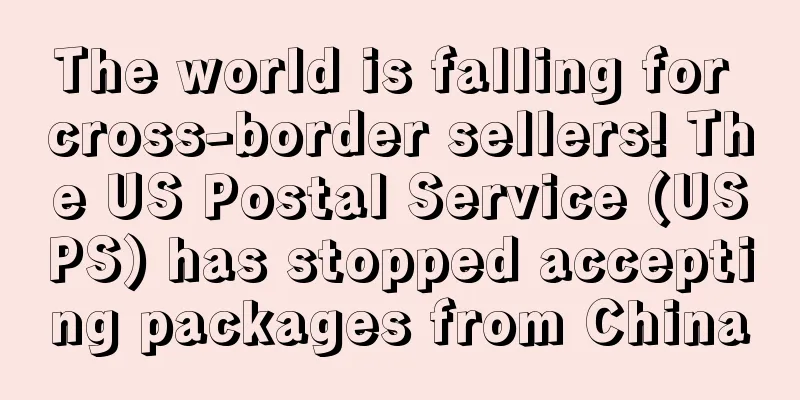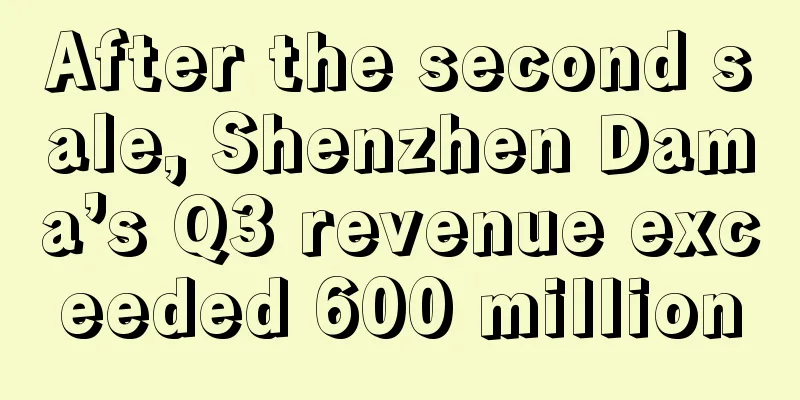What is DOE certification? DOE certification evaluation

DOE is the abbreviation of the Department of Energy. DOE is the requirement of the U.S. Department of Energy. There is no certification mark, but the products sold to the United States must meet the minimum requirements of the Department of Energy , so you need to apply for DOE .Main ResponsibilitiesU.S. Department of Energy DOE certification: Mainly responsible for the formulation of household appliance energy efficiency regulations, and responsible for the management of the EnerGuide label, which is the minimum energy efficiency requirements, which is the so-called DOE certification registration. DOE requires that products within its management scope (see the list in the picture) must be registered with DOE before they are sold in the United States, and then add the EnerGuide energy label. RegulationsAll external power supplies entering the US market must meet the minimum energy efficiency level: level IV and clearly indicate it on the product. Not only that, manufacturers and brands are also required to submit two important declaration documents to the DOE. The first is the Compliance Statement that the product meets the energy efficiency requirements of federal regulations, and the second is the product's first certification report. Both documents must be sent to the US Department of Energy (DOE) by mail. The document preparation must be filled out in accordance with the format published by the DOE, and the certification report can be submitted by a third party on behalf of the manufacturer/brand. The information submitted in the document should cover the product category (product class), manufacturer/brand name, performance (%), no-load power consumption (W) and rated output power (W) of each single model. Reference regulationsUS Code of Federal Regulations: 10 CFR 429 and 10 CFR430 Among them, 10 CFR 429 stipulates sample selection specifications and reporting specifications; 10 CFR 430 specifies the test methods and specifications for declaration of conformity. Product RangeDOE regulates many electrical appliances and consumer electronics products, including EPS, televisions, refrigerators, air conditioners, washing machine cloths, home heating equipment, microwave ovens, battery chargers, ceiling fan light kits, fluorescent lamp ballasts, etc.; •Battery Chargers: Bluetooth headsets, Bluetooth speakers, sports bracelets, mobile phones, tablets, car DVDs, MP3s, MP4s and other products with small-capacity batteries; • External Power Supplies (power adapter): chargers for commonly used mobile phones, tablets, etc.; currently, DOE requires power adapters to meet Level 6 energy efficiency requirements; • Television Set (TV set); •Boilers; • Ceiling Fans; •Central Air Conditioners and Heat Pumps; •Clothes Dryers; •Cloths Washers; •Computer and Battery Backup Systems; •Dehumidifiers; •Direct heating equipment; • Dishwashers; •Furnace Fans; •Furnaces; • Hearth Products; •Kitchen Ranges and Ovens; •Microwave Ovens; •Miscellaneous Refrigeration; •Pool Heaters; •Portable Air Conditioners; •Refrigerators and Freezers; •Room Air Conditioners; • Set-Top Boxes; •Water Heaters; What information does the US DOE need to prepare?1. 2-3 samples 2. Product technical documents 3. Product nameplate 4. Certification Application Form FAQ1. Sample quantity and test cycle? According to the sampling requirements of §429.11, two or more sets of samples need to be provided for testing, and the testing cycle is about 10 working days (some products may be extended); 2. Do I need to register? Registration is required, and the customer is required to have a US importer. 3. What is the difference with California CEC BC? The criteria for judging the results are different for different regions: California CEC must meet the energy requirements for charging energy consumption (CEC-400-2017-002: (W)), while the US DOE requires the unit energy consumption of the product (EERE-2008-BT-STD-0005-0256). However, because the test methods are the same, the test data can be shared. References
|
<<: What is FactoryMarket? FactoryMarket Review
Recommend
Amazon is on the hot search list amid many doubts! Ban all Xinjiang cotton products?
<span data-shimo-docs="[[20,"最近两天,HM抵制新疆棉花...
Good news! UK VAT rate may be reduced to 15%
Breaking news! The UK VAT rate may be reduced. UK...
The most suitable advanced advertising funnel strategy for Amazon new product promotion
For the majority of Amazon sellers, launching a ne...
What is the Intellectual Property Office of Singapore (IPOS)? Review of the Intellectual Property Office of Singapore (IPOS)
The Intellectual Property Office of Singapore (IPO...
Booming sales during peak season but no profit? Amazon takes half!
When collecting sales data for Amazon's Black...
More than 110,000 mattresses recalled by CPSC! Available on Amazon and other platforms
It is learned that the U.S. Consumer Product Safet...
Amazon account suspension incident: a seller with annual revenue of 700 million was blocked
As Amazon's various regulations continue to i...
What is the China Seller Growth Plan? China Seller Growth Plan Review
The "China Seller Growth Plan" is a paid...
What is MAIMAI DESIGN? MAIMAI DESIGN Review
MAIMAI DESIGN is committed to providing software s...
What is Frontier Car Group? Frontier Car Group Review
Frontier Car Group (FCG) is a technology startup f...
Japan is strictly cracking down on under-declaration! The taxable price of Amazon FBA goods must not be lower than 50%~60% of the selling price!
The cross-border industry was named the worst indu...
Emergency notice! The largest port in the United States suddenly closed, affecting 12 terminals for container pickup!
Easter is approaching, and cross-border sellers ar...
Starting from scratch, Shopify's 30-day store opening tutorial - Day 4
Last time we talked about what conditions a store...
Domestic baby walkers are urgently recalled! Available on Amazon!
<span data-shimo-docs="[[20,"获悉,据外媒报道,3月16...
It turns out that we have all been "cheated" by Amazon's front-end sales statistics!
Many sellers have this question in their operation...









